
It’s funny how you can live in a place for years and not really notice how many little gardens there are tucked behind fences and front gates. When I bought my old weatherboard in Marrickville, I didn’t think much about the patchy lawn or the straggly hedges. I figured any gardener would know how to tidy things up. But the first one I hired had no idea about local soils or what plants actually survive here. After a few missteps—like planting camellias in full western sun—seeking help from someone experienced in gardening Sydney residents rely on can save you a lot of frustration and wasted money.
Understanding costs before you start
It doesn’t matter if you have a balcony or a big backyard—budget surprises can creep in fast. The easiest way to avoid them is to get everything in writing.
Check whether waste removal is included
Clarify if the price is hourly or fixed
Confirm the scope covers preparation and clean-up
Compare at least three quotes so you have context
One of my early mistakes was assuming “installation” included soil improvement. When the job was halfway done, the costs doubled because they hadn’t factored in excavation.
Why local experience matters more than you’d think
Every suburb has its own quirks. You can’t expect a gardener from out west to instantly understand what thrives near the coast or which plants can handle heavy clay.
Some plants struggle with salty air and need protection
Native species adapt better to local rainfall
Council rules about pruning can vary
Microclimates affect growth even in neighbouring streets
Some people point out that understanding the microclimates and soil conditions is a big reason to go with local gardeners, since local experience can prevent wasted time and costly mistakes.
Ways to check a gardener’s credentials without feeling pushy
It’s tempting to assume everyone in the industry has the same level of training. But it’s worth digging a little deeper before you commit.
Ask if they hold horticultural qualifications
Find out whether they have insurance
Request a couple of references or photos of past work
See if they’ve worked on similar projects
A friend of mine swears by checking if the gardener belongs to a professional association. It’s not essential, but it shows they’re serious about their reputation.
The quiet benefits of sustainable gardening

More people are moving away from chemicals and wasteful practices. It’s not always about being trendy; sometimes it’s the easiest path to a resilient, healthy garden.
One of the big shifts I made was moving towards composting and using native plants that need less fuss. There are many approaches to consider, and I picked up several sustainable gardening tips that turned out to be surprisingly practical.
Mulching helps suppress weeds and hold moisture
Grouping plants by water needs cuts down irrigation
Native plants attract beneficial insects
Avoiding synthetic fertilisers can improve soil health over time
I can’t remember the last time I needed a spray bottle of chemicals, and the garden has never looked better.
A few practical questions worth asking
It helps to have a mental checklist when you’re meeting someone for the first time. You’ll get a better sense of whether they’re a good fit.
How do you approach pest management?
Do you lean towards organic or synthetic treatments?
What’s your experience with native plant selection?
Can you share examples of similar gardens?
These questions don’t need to feel like an interrogation. Most professionals are happy to walk you through their process.
Easy habits that make a big impact
I don’t have endless time to potter about, so I’ve learned a few simple routines that keep things looking decent between visits.
Deep watering once or twice a week instead of frequent sprinkles
Watching for signs of pests early
Pruning dead branches before they cause disease
Refreshing mulch when it starts to break down
It’s the small things you do regularly that seem to make the most difference over time.
Making small changes towards more eco-friendly gardening
When I first heard about “sustainable gardening,” I thought it meant ripping everything out and starting over. Turns out, it can be as simple as tweaking a few habits. There was a lot of talk about eco-friendly gardening in the community group, where people shared how simple changes like composting and choosing hardy plants helped their gardens thrive without much extra effort. Some gardeners talk about Sydney’s best-kept gardening service secrets when describing how little adjustments, like grouping plants by water needs or switching to organic mulches, end up having a bigger impact than major overhauls.
Why timing matters in your maintenance routine
It’s easy to get overwhelmed by a long to-do list, but spreading tasks across the year makes them less daunting.
Autumn is the best time for planting most natives
Late winter is ideal for pruning
Spring is perfect for mulching and feeding
Summer requires more consistent watering
This rhythm helps you stay ahead of issues without feeling like you’re always behind.
Keeping expectations realistic
It can be harder than it sounds. It’s easy to look at glossy photos and think a garden makeover will fix every tired corner and bare patch straight away. But it rarely happens like that. Even the most capable gardener can’t turn things around in a weekend. Plants need time to settle in, to find their footing in the soil and adapt to the weather. There was a time when everything was rushed for a birthday gathering, thinking it would be perfect in a few weeks. The ground wasn’t ready, the roots never took properly, and most of what went in had to be replaced. It cost more and took longer in the end. These days, there’s more patience about how long it takes. Letting the garden find its rhythm seems to bring steadier results, even if they come slowly.
Last thoughts on finding the right fit
Gardens often feel a bit like relationships in the way they grow into something meaningful over time. They can’t be forced or hurried along to suit a schedule. Finding a gardener who actually grasps what the space could be doesn’t always happen right away. Sometimes it takes meeting a few different people before the right one shows up. There’s a certain disappointment in hiring someone who turns up, does a quick tidy, and leaves without caring much. The gardeners who seem to make the biggest difference are the ones who ask plenty of questions, the kind that catch people off guard a little. They might spot the soggy patch near the fence or notice where the afternoon light lands when no one’s paying attention.

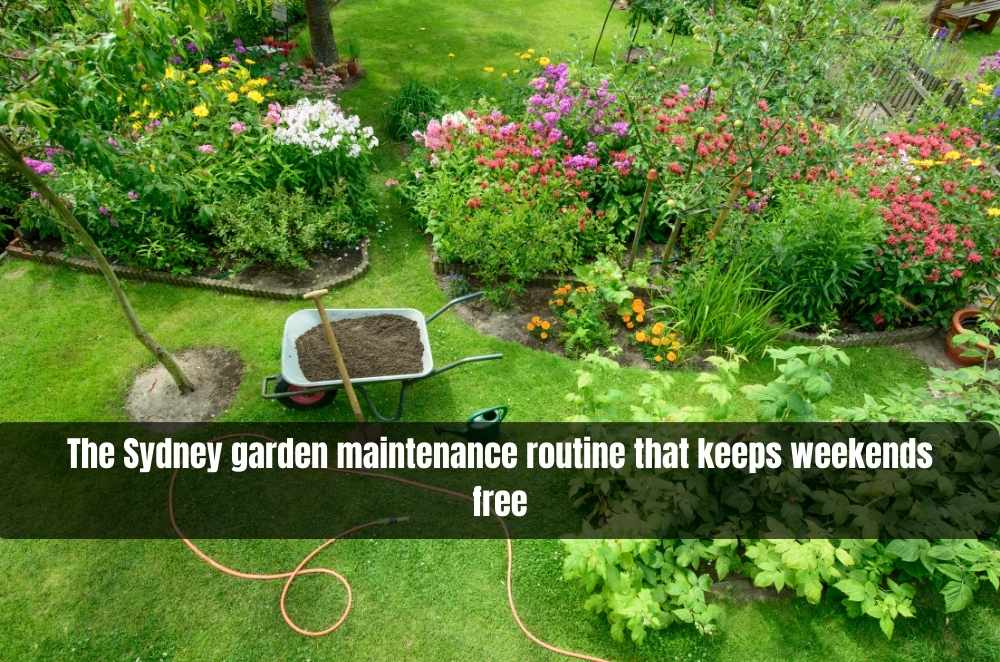

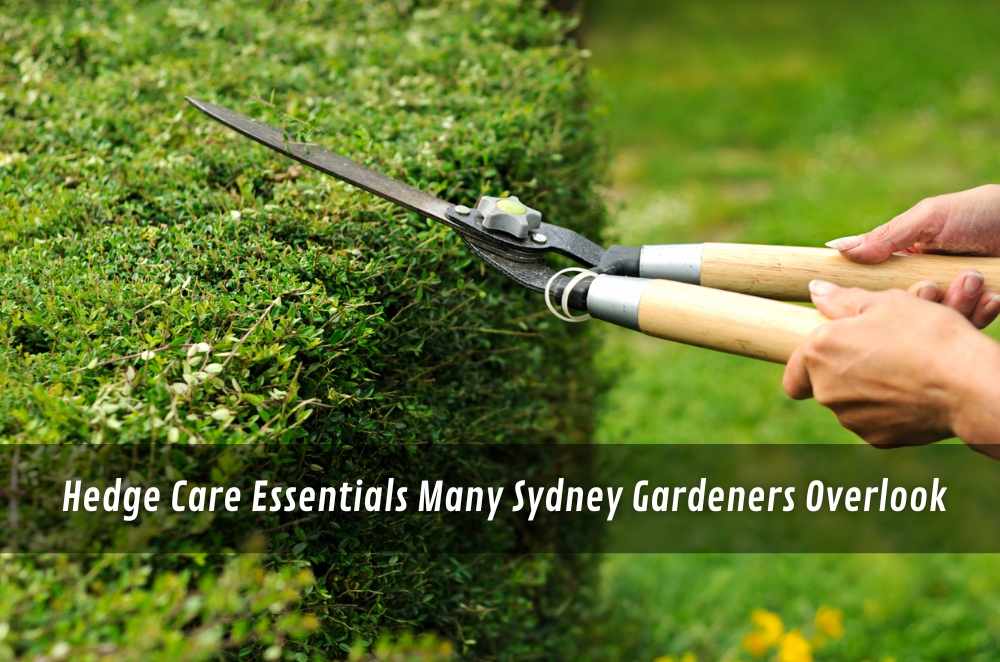
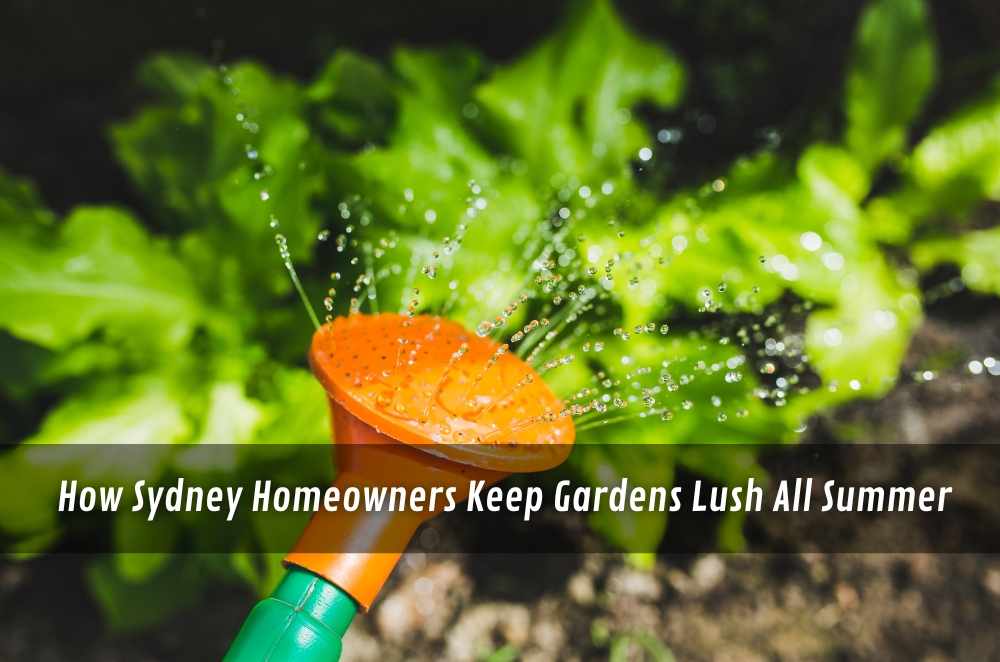
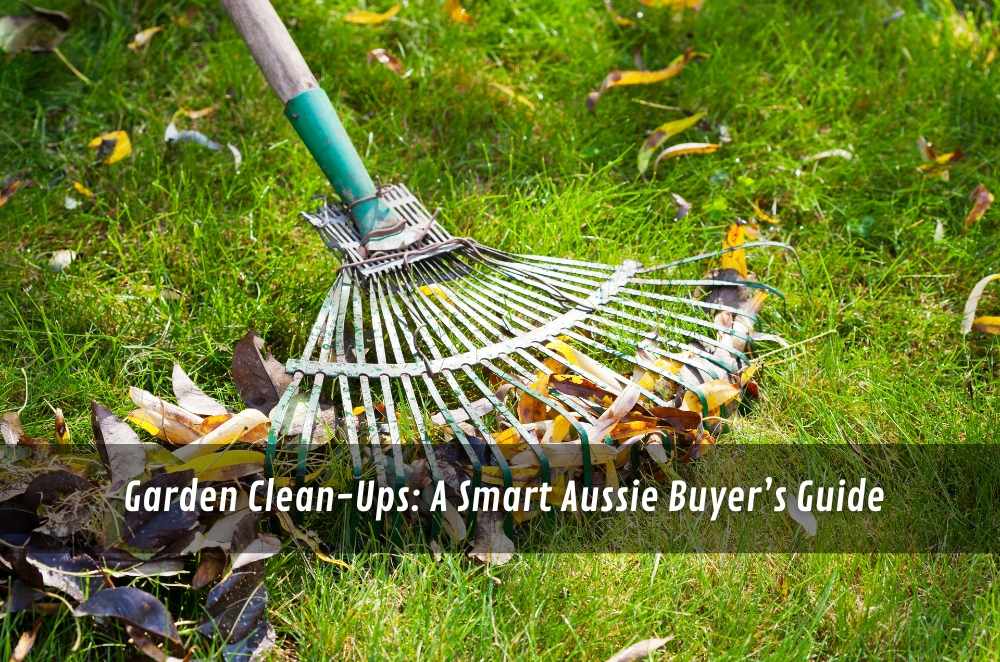
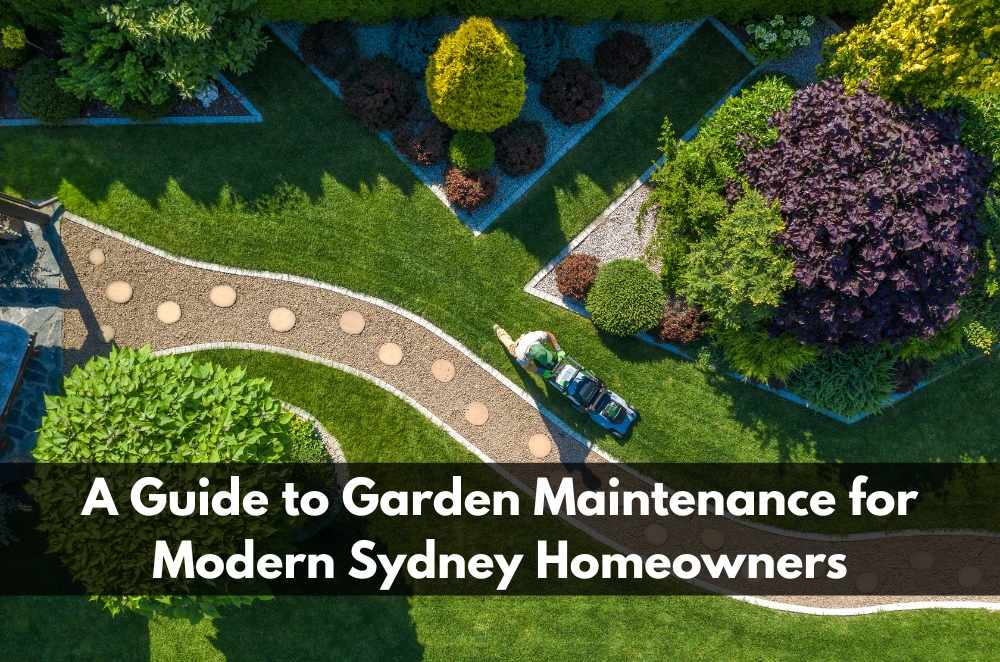







Write a comment ...